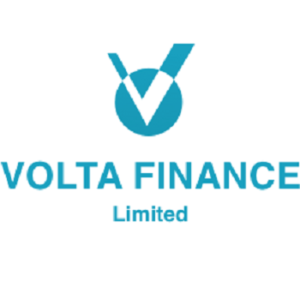Volta Finance plc (LON:VTA) is the topic of conversation when Mark Thomas Analyst at Hardman & Co joins DirectorsTalk. Mark explains why he called his recent report ‘Value added by active portfolio management’, the resilience through the COVID-19 crisis to date and the reported NAV and why it saw big falls.
Volta Finance’s investment objectives are to seek to preserve capital across the credit cycle and to provide a stable stream of income to its Shareholders through dividends that it expects to distribute on a quarterly basis. Subject to the risk factors that are described in the Summary Document below and in the Prospectus dated 4 December 2006 below, it seeks to attain its investment objectives predominantly through investment in a diversified portfolio of structured finance assets. Volta’s investment strategy focuses on direct and indirect investments in, and exposures to, a variety of assets selected for the purpose of generating cash flows for the Company. The assets that Volta may invest in either directly or indirectly include but are not limited to: corporate credits; sovereign and quasi-sovereign debt; residential mortgage loans; commercial mortgage loans; automobile loans; student loans; credit card receivables; leases; and debt and equity interests in infrastructure projects (the “Underlying Assets”).


